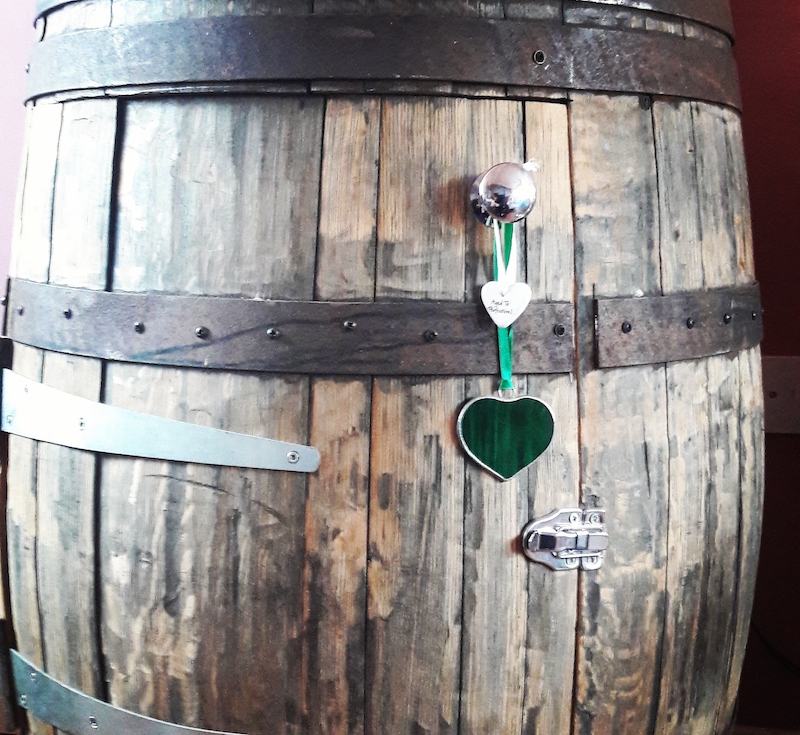Scotch Series 27: Maturation

Less handling of the spirit the better. It is like pastry, or fire. Don’t annoy it!
Casks must be less than 700 litres because much of the maturation chemistry depends on good contact with the wood.
Oxygen diffuses into the cask. Reactions take place between the molecules in the spirit, and also between the spirit and the wood.
Three types of reaction happen in a cask: ADDITIVE, SUBTRACTIVE, REACTIVE.
At any point in the maturation process the maturing spirit has a unique flavour profile resulting from 1) flavour congeners derived from the distillate ‘base’ flavour, 2) flavour congeners removed from the spirit, 3)flavour congeners added to the spirit by extraction from cask wood or by reactions within the spirit, 4) flavour congeners produced by interaction of the wood surface with the spirit (Philp, 1989)
Whisky world needs in excess of 3 million wet coopered oak casks a year for whisky.
